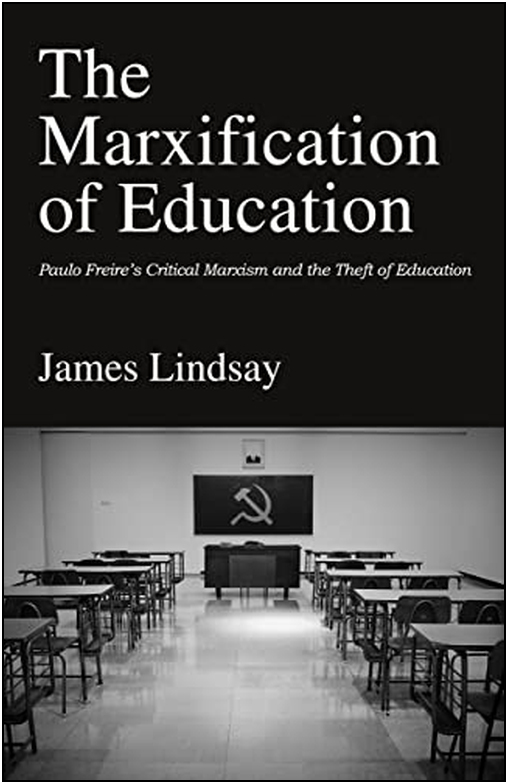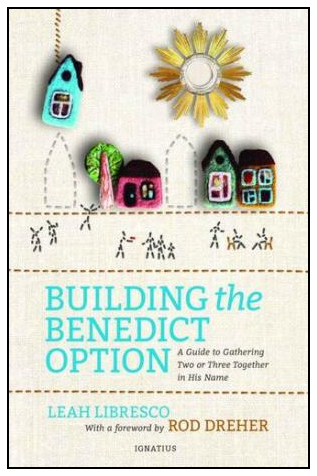The Ideology of Criticism
 Per the article "The Dialectical Faith of Leftism" – "It is 175 years since Marx wrote the early drafts of what he originally called The Communist Confession of Faith and published it by the title The Communist Manifesto. Marx laid out an evil theology, and the practice of his religion is a liturgy of death and destruction. To understand the Marxist theology, we have to understand its theological antecedent, which was laid down by the German systematic theologian, speculative idealist, and Hermetic alchemist Georg Wilhelm Friedrich Hegel."
Per the article "The Dialectical Faith of Leftism" – "It is 175 years since Marx wrote the early drafts of what he originally called The Communist Confession of Faith and published it by the title The Communist Manifesto. Marx laid out an evil theology, and the practice of his religion is a liturgy of death and destruction. To understand the Marxist theology, we have to understand its theological antecedent, which was laid down by the German systematic theologian, speculative idealist, and Hermetic alchemist Georg Wilhelm Friedrich Hegel."
Today we have "higher criticism" attempting to redefine theology, "critical theory" attempting to redefine politics, "critical race theory" attempting to redefine social relationships, and "critical pedagogy" attempting to redefine education. "Critical pedagogy" has morphed traditional education into "a palatable cover for [its] actual objective: raising Marxist political consciousness for the purposes of creating a cultural revolution." You notice the word "critical" in all of these phrases. To a great extent, they've succeeded where old-school Marxism has failed.
What is all this "criticism" and "critical" stuff all about? One of the terms that is frequently used in all of them is "deconstruction" – so what are they getting at? If you remove the "cons" you get at the heart of it: "destruction." The aim of all this criticism is the destruction of our established, traditional value system, our Judeo-Christian worldview. Old-school Marxism attacked the established economic worldviews of serfdom and capitalism, but capitalism parried Marx's thrust by itself morphing into a form of religion, that is, by usurping the Church's role of ministry to "the poor, the maimed, the lame, and the blind."
How has this happened? Ever since the legalization of Christianity in the fourth century, the Church has reached out to these groups of people, offering support, comfort, and healing. The first hospitals, hospices for the poor, orphanages, and aid for widows all sprang up in the fourth-century Christian Byzantine Empire. And up to the mid-twentieth century, these social ministries were mainly provided by churches through voluntary charitable donations. But in the 1960s and 70s, the "Great Society" started up government-funded social services financed through tax dollars. Because the central governments can print money at will, the churches couldn't compete.
This is the same way that a dominant company in a given industry can become a monopoly by undercutting its smaller competitors' prices, forcing them out of business. Over the past 50-60 years, government has expanded to have a near-monopoly on social services, and churches can't compete, they can only have a share in it if they meet the state's requirements. Thus, these social ministries of churches, if any, have been co-opted by government: in effect, the churches have been absorbed by the state and the state has taken on "The Secular Confession of Faith" – a decapitated Christianity – a Christianity without Christ. It is Marxism in disguise.
An excellent example of this is "Liberation Theology" that originated in Brazil and has spread throughout Latin America and the world. The leading proponent of "Critical Pedagogy" was Paulo Friere, but he was not only an educator, he was an anti-colonialist and a Marxist. He was also a religious figure, a devotee to Liberation Theology that has been called "Marxism pretending to be Catholicism," a secular semi-religious ideology. Friere's goal was not to increase literacy or proficiency in mathematics or history, it was to teach children how to think in Marxist terms of "oppression of the poor," "restorative justice," "equity," and "social change."
This ideology has so taken over university schools of education, high schools and primary schools that school children are functionally illiterate and far below grade level in mathematics, but are being taken to state capitols to participate in protests, yelling, screaming, and holding up placards about "oppression," "gender rights," "liberation," and "anti-racism." This is just one example of Herbert Marcuse's "long march into the institutions" – not only into education, but also journalism, entertainment, corporate governance, politics, and the electoral system.
What is the solution? It is to insist on our God-given right of freedom of religious expression, as stated in the First Amendment. This means not only the freedom of worship within the four walls of a church, but also to express our faith in our daily lives in society. It will not come cheap as we sacrifice our time, talent, and resources to reclaim the Church's rightful social ministry to "the poor, the maimed, the lame, and the blind,, to widows and orphans"... and especially to the education of our children. The future depends on it!
Go to ARC-News to read our free e-newsletters and Subscribe!

No comments:
Post a Comment